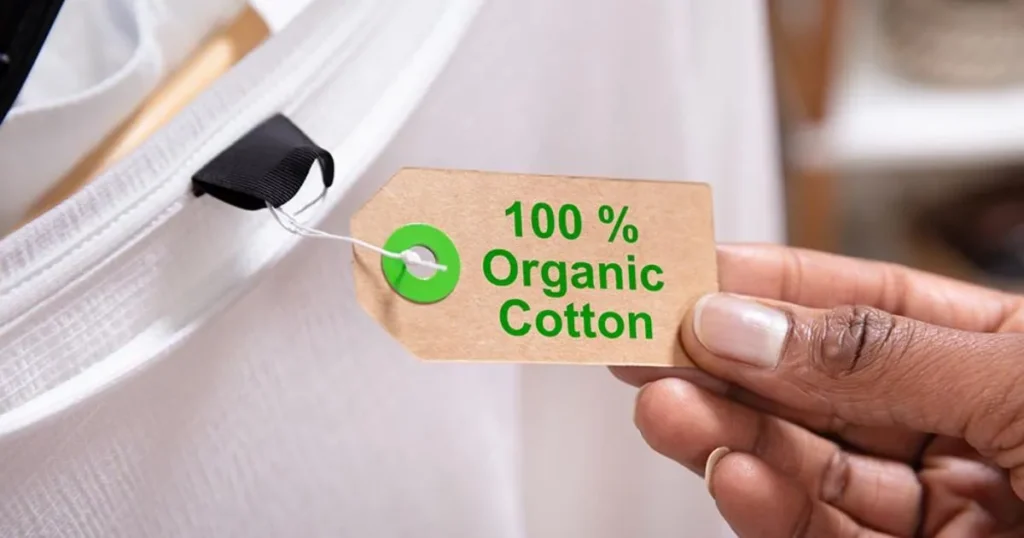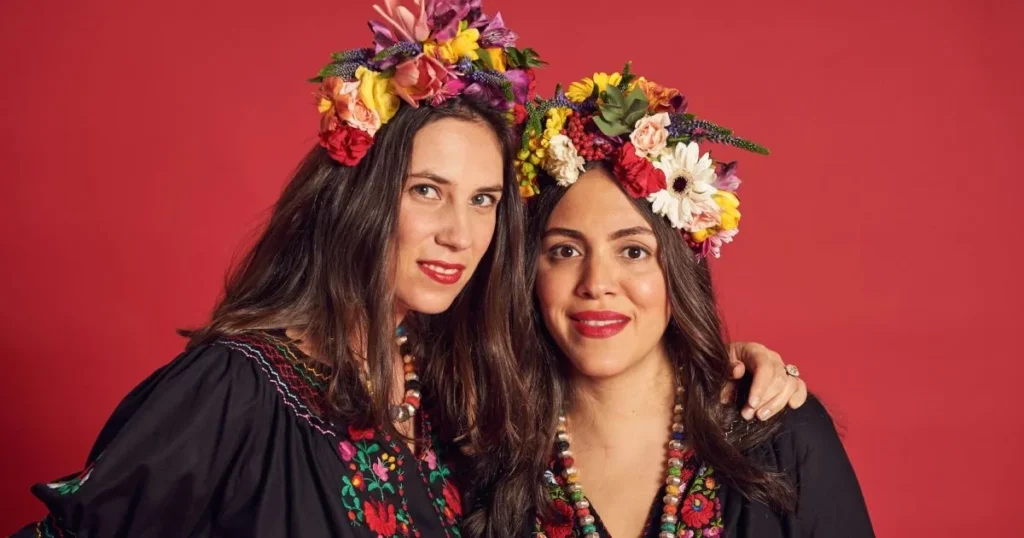Organic fashion collections consist of clothing from materials grown without synthetic pesticides or fertilizers. It promotes sustainability and environmental consciousness. These collections prioritize eco-friendly practices. It includes ethical labor standards and minimal environmental impact throughout the production process.
What does organic mean in fashion?

In fashion “organic” refers to clothing made from materials grown without synthetic pesticides or fertilizers. Organic fashion promotes environmental conservation and ethical production methods.
It prioritizes natural fibers like organic cotton, hemp, or bamboo. It is also defined as clothing produced from organic natural materials (such as organic cotton and wool) without pesticides, fertilizers, or genetic modification.
What is a fashion collection strategy?
A fashion collection strategy is a meticulously planned approach for designers and fashion houses. It is a multi-step process such as trends, audience expectations, collection size, theme, and marketing approach.
Integrating sustainability initiatives has become increasingly crucial in recent years, with eco-friendly materials and ethical sourcing practices being prioritized. For example, incorporating the keyword “Wellhealthorganic buffalo milk tag” into the design process signifies a commitment to sustainability and transparency within the fashion industry. 35 Gorgeous Bohemian Locs Hairstyles to Try in 2024https://fashionerahub.com/bohemian-locs-hairstyles/
Is organic cotton 100% cotton?

Products certified organic by GOTS have at least 95% organic cotton. Products with at least 70% organic cotton can still be GOTS-certified, but won’t be considered organic.
What inspires a fashion collection?
Learning From Past Trends, Fashion Icons and Culture Revolutions. Trends from the past can be a great source of inspiration for new collections. For example, you can take something from the 70s such as a silhouette or a pattern, and give it your twist to make it fit a modern context.
Muzungu Sisters Lotus Voyage collection

The Muzungu Sisters Lotus Voyage collection is a vibrant and eclectic line inspired by global travels and cultural encounters. With a focus on sustainability and ethical production, each piece in this collection tells a story of craftsmanship and tradition.
From intricately embroidered tunics to handwoven baskets and colorful accessories, the collection captures the essence of wanderlust and adventure. The Lotus Voyage collection invites wearers to embark on a journey of self-expression and exploration.
What does it mean when an item is organic?
Organic farming is the production of food without the use of synthetic chemicals or genetically modified components. Organic foods are not necessarily completely chemical-free, but the pesticide residues will be considerably lower than those found in produce manufactured with synthetic chemicals.
What is the difference between organic and regular products?
| Aspect | Organic Products | Regular Products |
| Farming Methods | Grown without synthetic | May use synthetic pesticides, |
| pesticides, fertilizers, or | fertilizers, and chemicals for | |
| genetically modified organisms | enhanced growth | |
| (GMOs) | ||
| Environmental | Focus on sustainable farming | May contribute to soil erosion, |
| Impact | practices, preserving soil | pollution, and depletion of |
| health and biodiversity | natural resources | |
| Health Benefits | Typically lower in chemical | May contain residues of |
| residues and higher in | pesticides and other chemicals, | |
| nutritional value | potentially harmful to health | |
| Labeling | Certified by regulatory bodies | No specific regulations, |
| (e.g., USDA Organic) with | labeling varies by region and | |
| strict standards | may not guarantee the quality or | |
| production methods | ||
| Cost | Often higher due to more | Typically lower due to higher |
| labor-intensive farming | efficiency in conventional | |
| practices and lower yields | farming methods |
Frequently Asked Questions
What is an organic fashion collection?
Why is organic fashion important?
What are common materials used in organic fashion collections?
How does organic fashion contribute to ethical practices?
How can consumers support organic fashion?
Conclusion
The emergence of organic fashion collections marks a significant step towards sustainability in the fashion industry. By prioritizing environmentally friendly materials and ethical production methods.
These collections not only promote a healthier planet but support fair labor practices. With growing consumer awareness and demand for eco-conscious fashion, organic collections a beacon of change. It inspires designers and consumers alike to embrace a more sustainable approach to style.
